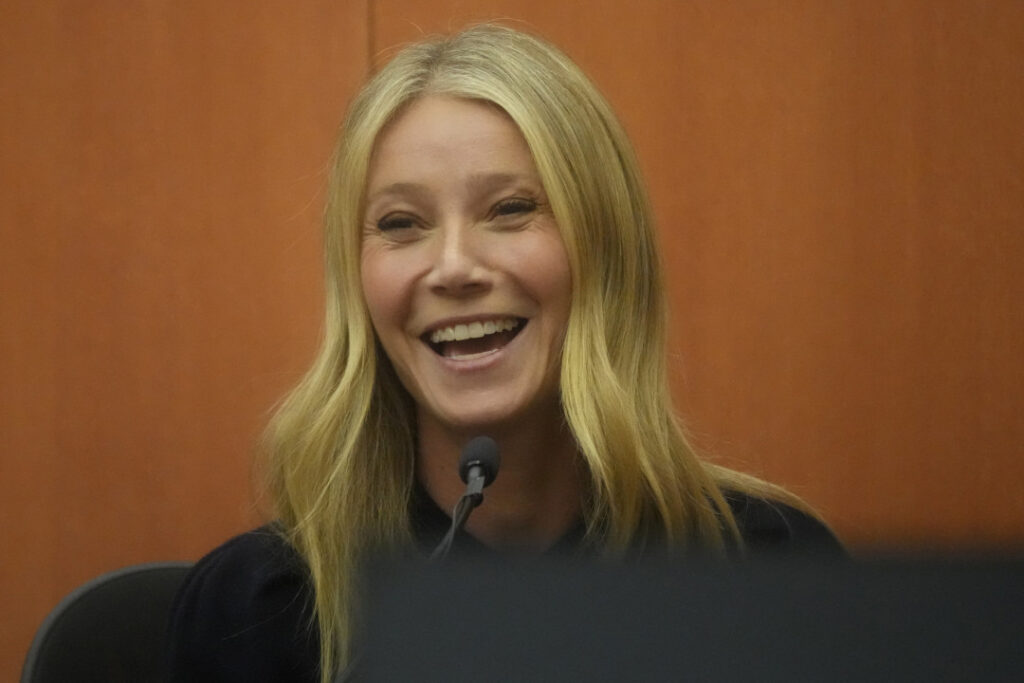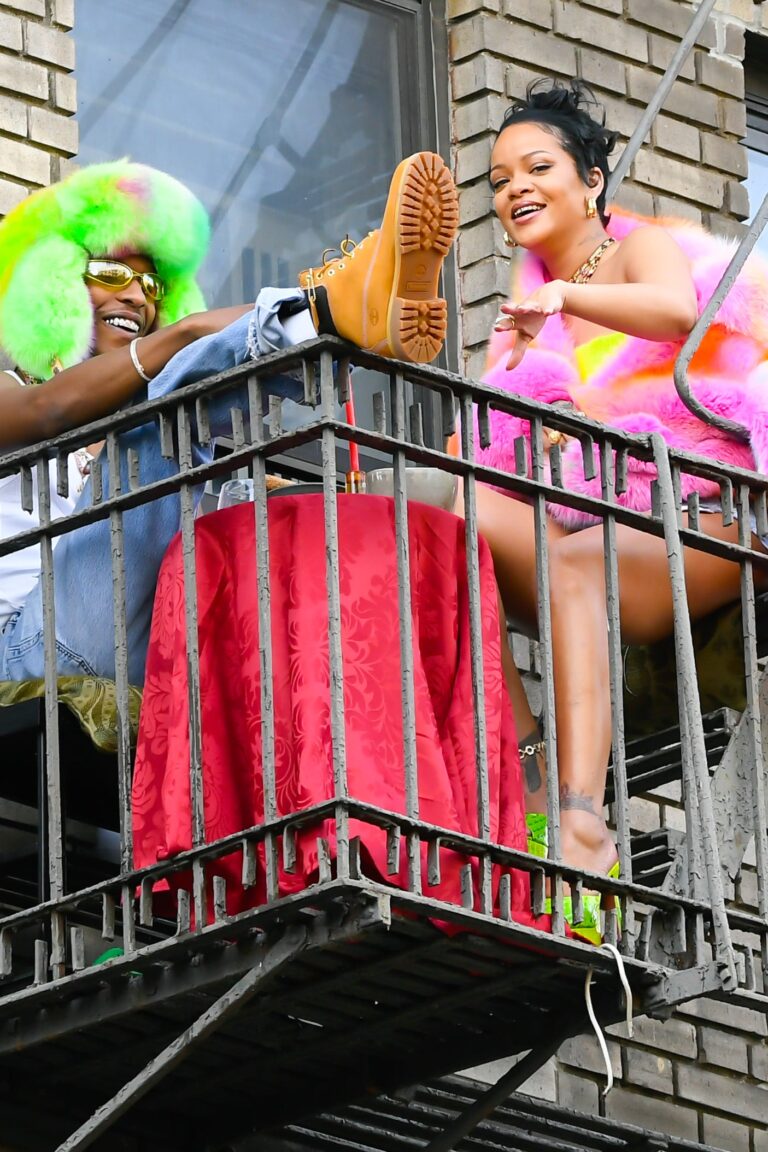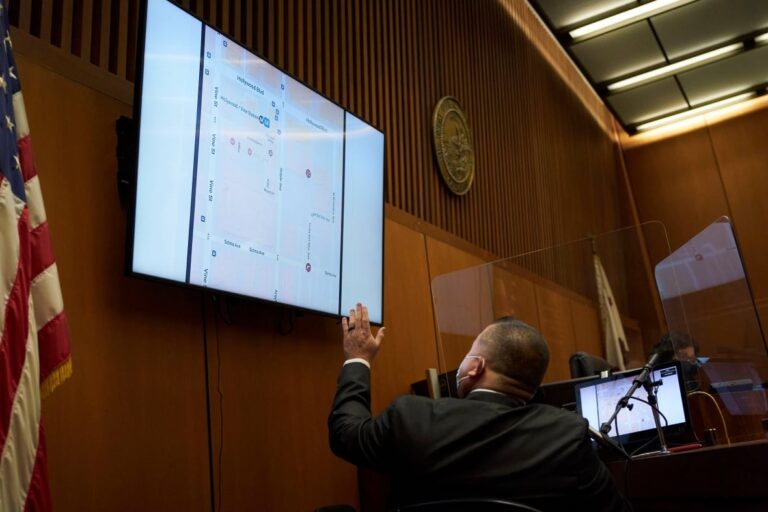
Audience
- Sentiment: Neutral
- Political Group: Mixed
- Age Group: 18-34
- Gender: Both
Overview
- A civil lawsuit against Diddy and Jay-Z was dismissed after the plaintiff withdrew her case.
- The case raises questions about the reliability of allegations and the complexities of celebrity culture.
- The article discusses the broader societal implications of sexual assault allegations and the importance of due process.
The Dismissal of a Civil Lawsuit Against Diddy and Jay-Z: What It Means for Celebrity Culture and Allegations
Recently, the world of music and pop culture was shaken by some serious allegations against two of its biggest stars: Sean “Diddy” Combs and Shawn “Jay-Z” Carter. A civil lawsuit was brought against them by a plaintiff who claimed that they had assaulted her when she was just 13 years old. However, on a surprising note, the lawsuit was dismissed after the plaintiff voluntarily decided to withdraw her case. This event not only put a spotlight on the high-stakes world of celebrity lawsuits, but it also shed light on the serious issues surrounding accusations of sexual assault, legal battles, and how they can affect the lives of everyone involved.
The Allegations and Their Dismissal
So, what happened? The plaintiff, who was represented by attorney Tony Buzbee, alleged that both Diddy and Jay-Z assaulted her after the 2000 Video Music Awards. In many such cases, it’s crucial for the credibility of the claims to be solid, and according to reports, the plaintiff acknowledged inconsistencies in her account. This acknowledgment is significant because it raises questions about the reliability of the allegations presented in the lawsuit.
When she decided to withdraw her case, it was as if she was raising a white flag in a legal battle that many thought would be explosive. Both Diddy and Jay-Z wasted no time in denying the claims. Jay-Z’s attorney went as far as to say that the dismissal served as proof that the allegations were totally unfounded.
Imagine yourself in a situation where everyone is looking at you, waiting for you to speak up or defend your name. That’s exactly what these celebrities had to feel as they faced serious accusations that could have changed their lives forever. On the flip side, the plaintiff must have felt an immense pressure—she was standing at the crossroads of truth and doubt. Withdrawing the lawsuit does not mean that she no longer believes in her experience, but it does suggest that she may have faced obstacles that seemed insurmountable.
Impact on Diddy and Jay-Z
In the aftermath of the dismissal, Jay-Z expressed his feelings regarding the situation. He described it as a “victory” but also highlighted the trauma that such allegations can cause, not just to the defendants but to everyone involved. When you think about celebrities—people who seem to live in a world of glitz and glamour—it’s easy to forget that they are human too. They can feel hurt, stress, and anxiety just like anyone else, particularly when facing public accusations that can damage their reputation and career.
Diddy, on a different note, is already entangled in other legal issues. He is currently in custody facing separate federal charges. Despite these troubles, he maintains his innocence and claims that the lawsuits against him are based on lies. It’s a complicated situation, feeling like he is fighting not just for his reputation but also for his freedom.
In a way, this lawsuit can be viewed as part of a much larger conversation about celebrity culture and how allegations can rapidly escalate and become public spectacles. A single accusation can snowball into something much larger, especially when the media gets involved. Imagine being thrust into the spotlight for something that you know isn’t true. The stress of being accused of such serious wrongdoing can be overwhelming.
The Role of Legal Representation
The role of legal representation in these kinds of cases cannot be understated. Lawyers like Tony Buzbee, who represented the plaintiff, are often seen as champions for those who feel wronged. However, they are also under immense pressure to present a strong case—one that must stand up under scrutiny. That kind of pressure can sometimes lead to inconsistencies in the accounts of events, which was part of the reason this case fell apart.
On the other hand, the defendants’ legal teams also have a heavy burden. They are not just defending their clients; they are working tirelessly to clear their names in a public arena where opinions can be formed in a matter of minutes. The legal chess game can become incredibly complex, with various strategies in play. Each move is crucial in shaping the outcome of the case.
The Bigger Picture
This lawsuit isn’t isolated; it reflects a broader issue in society regarding sexual assault allegations. For many, coming forward with such claims can be a terrifying experience. Stories often tell of women (and men) who have faced skepticism, ridicule, or even backlash for speaking out. This case reminds us that when allegations of such grave nature emerge, they must be handled with care, both legally and socially.
At the same time, it’s important to recognize that not every allegation is genuine. This is why the legal system exists, to evaluate evidence and discern truth from falsehood. The public must keep a balanced view: while we should support those brave enough to come forward, we must also ensure due process for the accused, especially when they’re as famous and influential as Diddy and Jay-Z.
Moving Forward
What does this mean for the public, especially for young people who might idolize these celebrities? It’s essential to think critically about how we perceive allegations and the people involved. The celebrity world can feel so distant from everyday life, yet it reflects challenges we all face regarding truth, trust, and justice.
It’s also an opportunity for young people to engage in discussions about consent, accountability, and the importance of speaking out—not just against wrongdoing but also in defense of the innocent. Learning how to navigate these conversations can help foster a sense of justice and community among peers.
So, as we reflect on this latest legal saga and what it represents in both the entertainment industry and society, it’s worth asking: How do we balance supporting those who come forward with allegations while also respecting those accused of wrongdoing? Have any of you followed a similar story, and how did it affect your perspective on justice and truth? Share your thoughts in the comments below!






